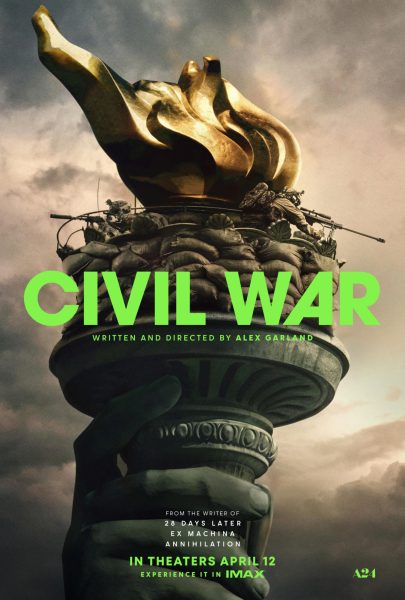It All Begins With the Stars: In Praise of Astronomy
“I can’t believe this isn’t the first thing we teach our kids.”
That’s what esteemed astronomy teacher and accomplished volleyball coach Mr. Scott once said during a gripping lecture about the Milky Way. Astronomy (not to be confused with the pseudoscience of astrology) is the study of planets, stars, and most everything that occurs in space.
At first, I was slightly amused at the thought of a group of toddlers nodding in agreement to their kindergarten teacher as she slowly dictated to them “this is your home,” pointing to an insignificant white speck on an illustration of our galaxy.
Then, I thought about it.
What are the first things we learn as students? It can generally be agreed upon that kindergartners are not learning about their place in the Universe. They’re most likely learning how to count, read, write, and share.
Perhaps it is exceedingly idealistic to propose that such young learners should be taught astronomy. However, in my opinion, the absurdity actually resides in the fact that most students never even touch the subject throughout their entire education.
This is part of the reason why Mr. Scott decided to teach astronomy in the first place.
“I think the most important thing students learn after astronomy is how little they knew before the class. Everyday I’m trying to blow my students’ minds with something they’ve never heard of or thought about before that day,” says Mr. Scott.
“Blowing his students’ minds” is exactly what Mr. Scott does. As a former student, I can testify to the chorus of “whoa” and “that’s sick” remarks that occurred during his lessons. Astronomy class was the highlight of my school day last semester because I was guaranteed to be awed no matter topic we were covering.
But, that was last semester. I could only enjoy half a year of astronomy class because it is only a one-semester course. This could change, however, as Mr. Scott has exciting plans for the future.
“I’m in the process, alongside Mr. Byrne, of getting an observation dome for the roof of the new science wing, which will house all of the school’s telescopes and be used by the class,” says Mr. Scott.
To add to my excitement, he claims that “we’re also exploring the possibility of making the astronomy class a full year because I have so much cool stuff I want to add in, including Universe Sandbox and Kerbals software.”
I believe that there is no reason that any student at Glenbard West should graduate without taking the only astronomy course offered in the district. An enthusiastic teacher, a powerful science department, and the weight of a subject that is on the brink of new discovery with every passing day are all reasons to participate in the most dynamic class in the school.
Mr. Scott claims that we are currently in a “golden age” of astronomical discovery. He states that the students he teaches may very well witness the first humans land on Mars, or the discovery of very realistic extraterrestrial life. Perhaps, they may even participate in such feats.
Furthermore, and more importantly, students who take astronomy will better understand their place in time and space as “citizens of the Universe” – a term used often by Mr. Scott.
“An increased awareness of our size and place in the Universe, a better appreciation of the possibilities of alien life, a working knowledge of what is real and what is pseudoscience, learning about the possible things that threaten human life and possible ways to fix it in the future, and knowing how life, the Earth, and Universe all came to be” are all of the benefits that come with taking astronomy, according to Mr. Scott.
So next time you meet with your counselor, make sure to ask about astronomy. Mr. Scott personally says that he can’t wait to see your face when you see a planet through a telescope for the first time.




